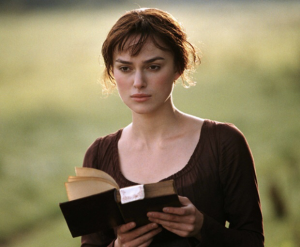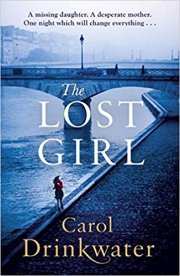We thank Julia Redlich for reviewing Isolde Martyn’s latest novel for us here on Dottie Tales.

Members of the New South Wales branch of the Richard III Society will have read and enjoyed our fellow member Isolde Martyn’s historical novels. Most of them have concerned real people from the period that interests us most: from Katherine Bonville to the Duke of Buckingham, and women who play a role in Edward IV’s life – Elysabeth Woodville and Elizabeth “Jane Shore” Lambard. Her presentation of real characters and the events of their time in English history is always combines romance with impeccable research.
Now be prepared to take a step back a century or two to a world of deception and danger, love and loyalty where the violence and cruelty of a religious war not only appals us, but sadly seems so terrifyingly familiar.
At the centre of it all are Adela, a lowly attendant to King John’s queen, Isabella, and Richart (note this spelling is correct) Lord of Mirascon in the far south of France. They first see each other at Corfe Castle where Richart is negotiating an alliance with King John to protect his land and his people.
Fleeing England and the king’s lust, Adela makes her way to France where she joins the entourage of John’s discarded mistress Lady Alys. She is on her way south, destined for a political marriage with Richart, but an unexpected fiery and vicious attack leaves only a few survivors who finally reach Mirascon where Adela, still beautiful despite all the dramatic hardships, is acclaimed as Alys, the Lord of Mirascon’s bride to be.
No more plot lines from now on! But know you will meet both loving and evil kinsfolk, memorable historical characters, some travelling troubadours (whose genuine songs are important) and some delightfully clever characters you may well wish were your friends. How they all fare in fighting for what is right against the massive army leading Pope Innocent III’s crusade against the Cathars or Albigensians is told with ruthless reality – so be prepared. It can be uncomfortable, even distressing –but as the pages turn, reason, dreams, and love bring hope.
Note: Thanks to Isolde who, as always, provides a list of characters, real or otherwise, and a welcome glossary of medieval terms and translation from Occitan (the language of Languedoc at the time).
Advertisements Share this:
- More





